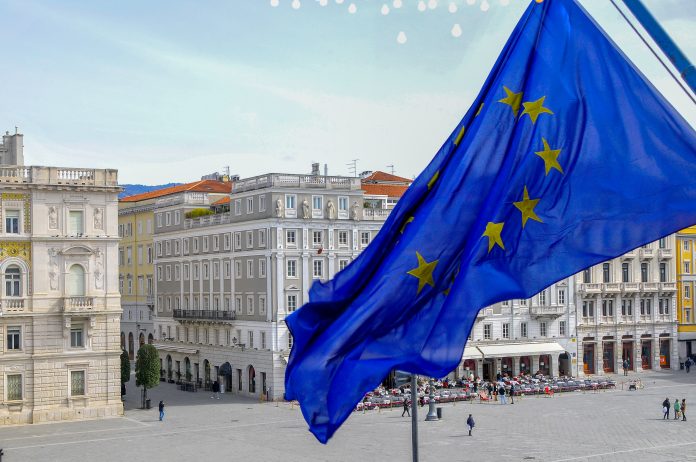by EH
In an ambitious effort to establish a leading hydrogen economy, Friuli Venezia Giulia has attracted more than 320 million euros in public funding in just two years, positioning the region as a European hub for cutting-edge research and green energy initiatives.
At a presentation on Wednesday in Trieste, the regional government unveiled five major research projects focused on hydrogen technologies, marking a significant step in the region’s commitment to achieving climate and energy neutrality by 2045. These projects, which involve seven prominent scientific organizations, are designed to support the transition to a sustainable and competitive economy through the development of green hydrogen, produced from renewable sources.
Among the organizations involved in these initiatives are the Universities of Trieste and Udine, the International School for Advanced Studies (SISSA), Area Science Park, the Synchrotron Radiation Facility (Sincrotrone), the National Institute of Oceanography and Experimental Geophysics (OGS), and the National Research Council’s Institute of Materials (CNR-IOM). The regional government’s 40 million euro investment is the cornerstone of these efforts, with 11 million euros allocated to establish five new research infrastructures dedicated to hydrogen studies.
“This is a pivotal moment for our region,” said the Regional Councillor for Research, who participated in today’s event. “Hydrogen is not just a future prospect; it’s a cornerstone of our economic and environmental transformation. By investing in innovation and human capital, we are setting the stage for a cleaner, more sustainable future.”
The projects aim to address key challenges in the hydrogen sector, including production, storage, and transportation, all of which are critical to the region’s broader ecological goals. Central to this effort is the development of a cross-border hydrogen economy with Slovenia and Croatia, as part of the North Adriatic Hydrogen Valley project, which has already garnered EU recognition.
The region’s strategy also focuses on human capital, with plans to invest approximately 5 million euros over the next three years to hire 26 new researchers. This emphasis on interdisciplinary collaboration is seen as essential for tackling the complex scientific and technical challenges posed by the transition to hydrogen-based energy systems.
In addition to strengthening local research, the region is also focused on expanding the infrastructure needed to create a transnational network of hydrogen pipelines. This vision of a hydrogen highway connecting the three countries is in line with broader EU goals for sustainable energy.
The five projects introduced today include:
- Fuse: A groundbreaking research facility dedicated to identifying and modeling hydrogen storage sites in the subsoil and natural hydrogen reserves.
- I-Campus-H2: An advanced materials research initiative aimed at developing the hydrogen supply chain, offering a platform for collaboration between academia and industry.
- H2SmartLab: A project focused on improving the efficiency of renewable hydrogen production, storage, and usage, integrating advanced monitoring and management systems.
- E4H2 – Efficiency for Hydrogen: Aimed at making the green hydrogen supply chain more efficient and competitive.
- Impact-H2: An innovative research initiative focused on decarbonizing fuels and advancing hydrogen production and storage technologies.
The projects are expected to be a key driver of economic growth, providing both environmental and technological benefits to the region. By tapping into the potential of green hydrogen, Friuli Venezia Giulia is positioning itself as a leader in the EU’s efforts to combat climate change and foster energy innovation.
As the region moves forward with its hydrogen strategy, Trieste is emerging as a critical player in the global shift toward sustainable energy, with its research institutions and private sector partners playing a vital role in this transformative journey.





























